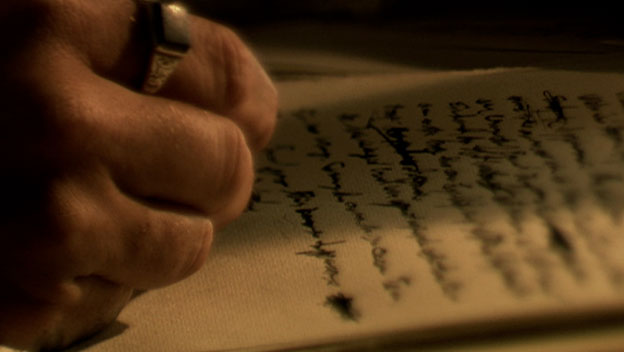Yesterday a person in my church said to me, "I just don't get it. There's all this stuff that I just can't accept in the Bible and it just doesn't make sense. I believe that there is whatever that created us and that's God. But the rest of it doesn't make sense."
He makes a good point. There are so much nonsense in Christian Theology. We can get caught up in details that are just silly. Specifics about eschatology, heaven and hell, the nature of God, Christology, soteriology and worship certainly can easily block people from a simple understanding of the basic truth of Jesus.
So I am going to make an attempt to get Jesus' message down to the very basics. This isn't the message of the Bible, nor the message of Christian theology. Rather, these is the most important truths Jesus expressed that agnostics might appreciate.
I understand that if you are a Christian reading this I will have certainly skipped your favorite theological axiom(s). I'm not really sorry about that.
1. There is a God no one knows
Jesus says that everyone has got their own ideas about God, but the only one who knows God is the one who has been up to heaven, which discounts pretty much everyone we have met. God is ultimately mysterious, and much of what we understand about God is understood in the negative. (There is nothing God cannot do, for example.) The main relationship between a human and the unknowable God, according to Jesus, is active respect to God and following the correct ethical path.
2. Some agnostics are on the right path.
Jesus wasn't opposed to people questioning the truth. Questions are good. In fact, the people who seem to have the most mix-ups are those who don't question that which they should question, those who are so caught up in tradition, doctrine and ritual that they can't see the truth when it's right in front of them. Jesus believes that there will be some agnostics praised by the Creator who didn't even know they were on God's path. Jesus doesn't separate people by Christian or otherwise. There are those who do what is right and those who do wrong, whether they are agnostic, atheist, Muslim, Buddhist, Christian or otherwise.
3. The World is full of injustice
Many people are without clear ethical direction, and this causes deep suffering and oppression in the majority of humans. Almost every human being is both the victim and cause of suffering. We are in need of direction, a place to escape oppression, and the power to enact change.
4. There are two kinds of human ethics
Jesus calls these two paths Mercy and Judgement. Mercy is the path that is found through our brain's mirror neurons, in which we see the other as ourselves. Judgement is the path of anger and enmity, which our mind places certain people so that we see their opinions and ideas as always in antithesis to our own. Jesus says that the main ethical task of humanity is to always choose the path of Mercy over the path of Judgment.
5. Judgment
There is a place for judgment. Our brains understand this as karma, or reciprocation. Every human deserves either good or bad, according to whether they do good or bad. Jesus affirms that reciprocity exists, but that it is the place of the universe to hand out reciprocity, that our human minds are too limited to property see even one human beings place in the scale of reciprocity. While we need to recognize and correct the bad, we should not do this by acts of harm or hatred. To enact our rage upon another is to place us into the "bad" category of karma, and so the universe must act to punish us.
6. Mercy
Jesus says that we should instead focus our efforts to love others, which should be the ethical atmosphere of all of our actions. To "love" is to benefit those whom we have contact with (directly or indirectly), and this benefit will differ depending on the specific context we are in. The most basic form of love is to do all one can to meet a person's need, especially if they are harmed or oppressed. The extent of love is without limit, even enacting mercy to those who do not deserve it, or those whom we do do not wish to give it. To live a life of mercy is to ultimately be delivered from harm and oppression.
7. Sacrifice
Even as there are people who seem to only wish to enact harm, bringing oppression and suffering wherever they go, so there must be people who do the opposite, enacting mercy to all, no matter what the cost to themselves. Most people live harming some and helping others, but if the world is to escape the cycle of suffering and oppression, we must have more and more people willing to give up everything they have, do and are to give mercy to more and more people, especially those who desperately need it. Without these people, the world cannot escape being a place of suffering.
8. Power
No human is able, on their own, to be a person who always enacts love and refuses to harm. Jesus claims that the power to escape one's own suffering and to be a person who loves is found in prayer to the Creator and accepting invisible gifts of energy to be applied to a life of love. In the end, release from suffering is discovered in mysticism.
In summary, this is what Jesus said is "good news". Do you agree? How do you see the universe differently?








